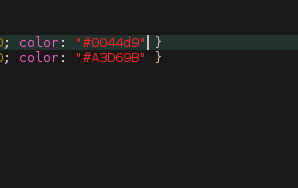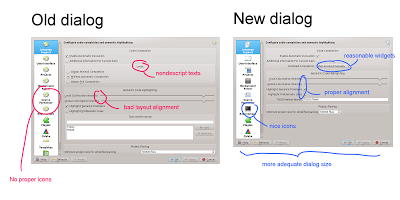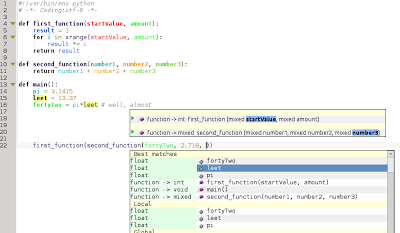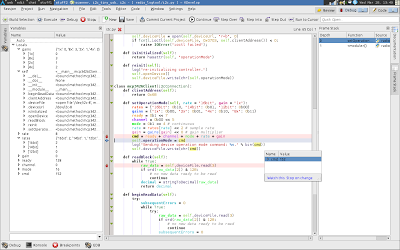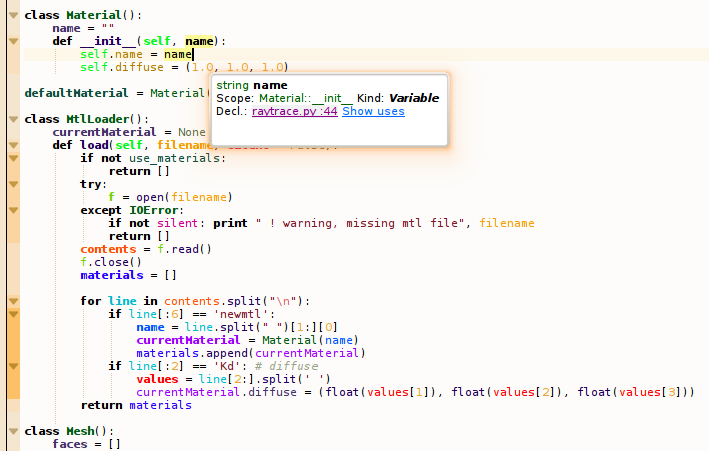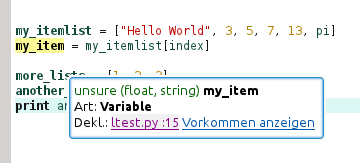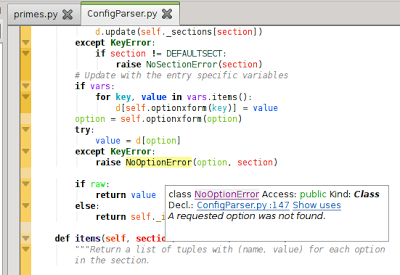Collaborative editing in KTE (prototype)
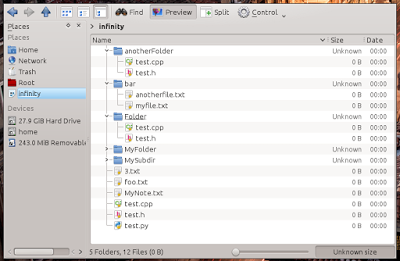
I had a bit of spare time, so I decided I’d try to implement collaborative editing in KTextEditor, and see how far I can get in a week. That week is over now — and this is how far I got: Your browser does not support the video tag. (If your browser doesn’t support HTML5 video, here’s a direct link) Technical implementation In the background, all this is based on […]

